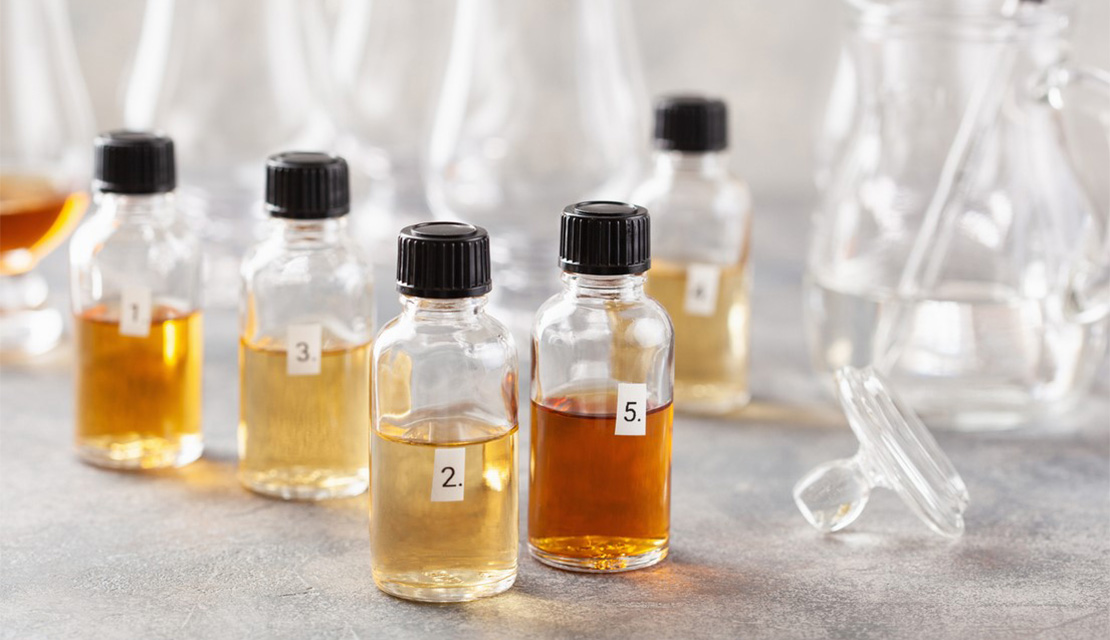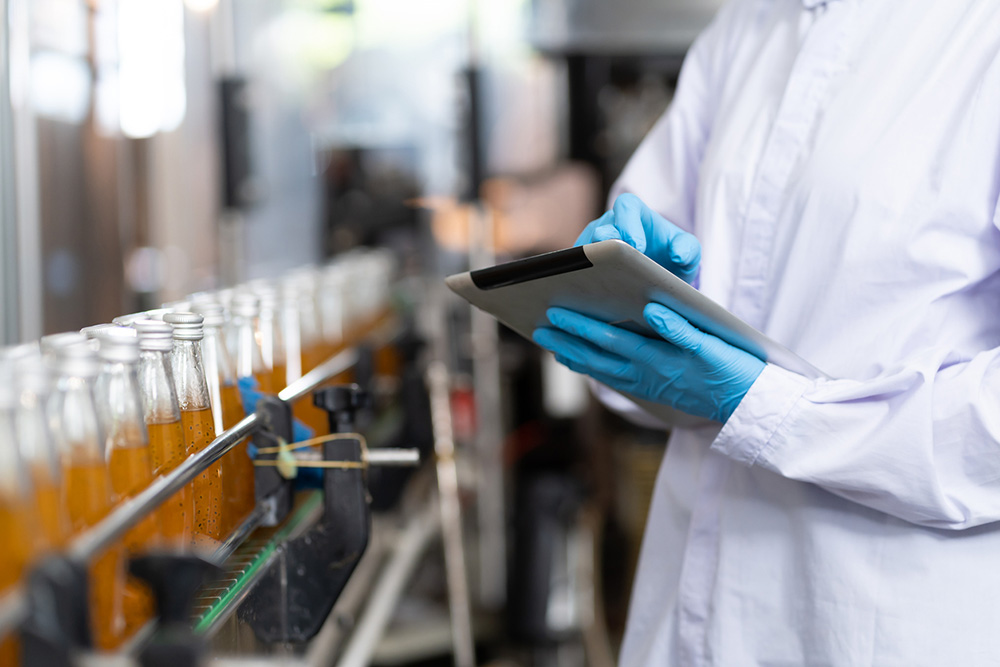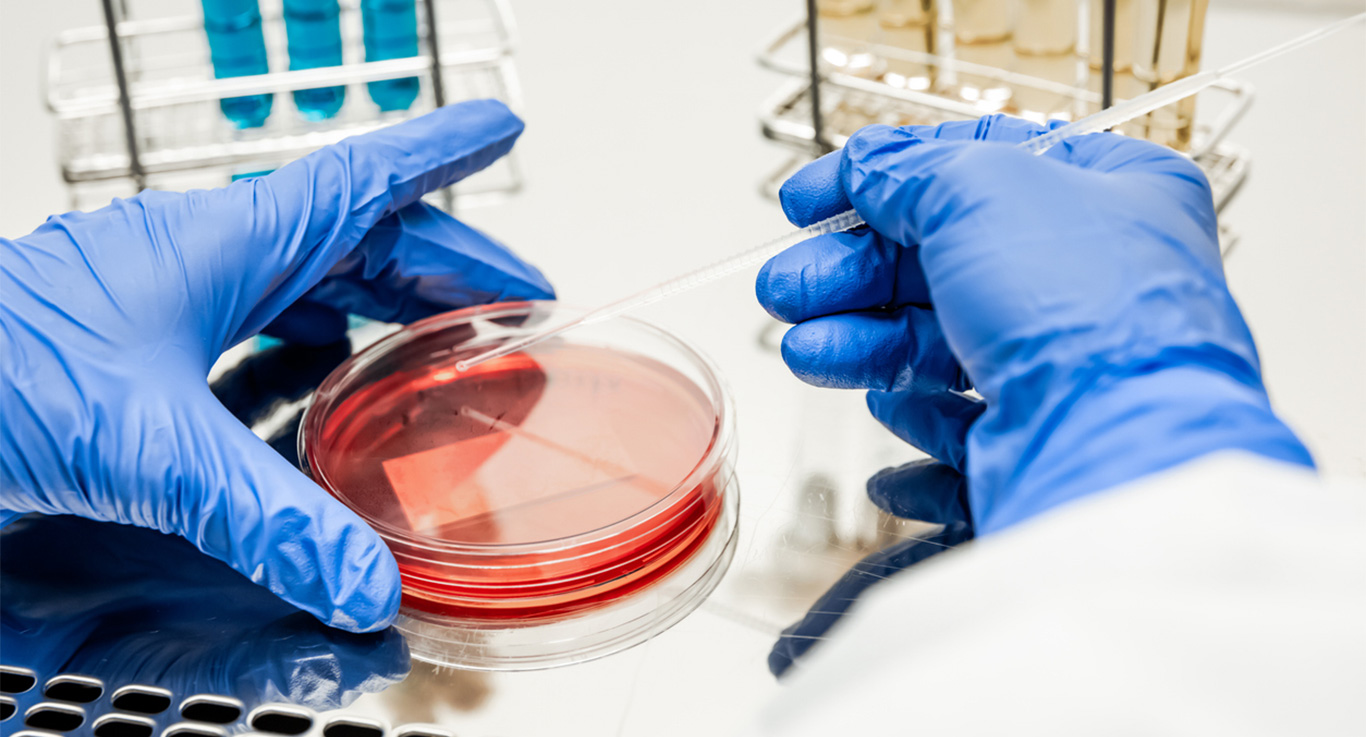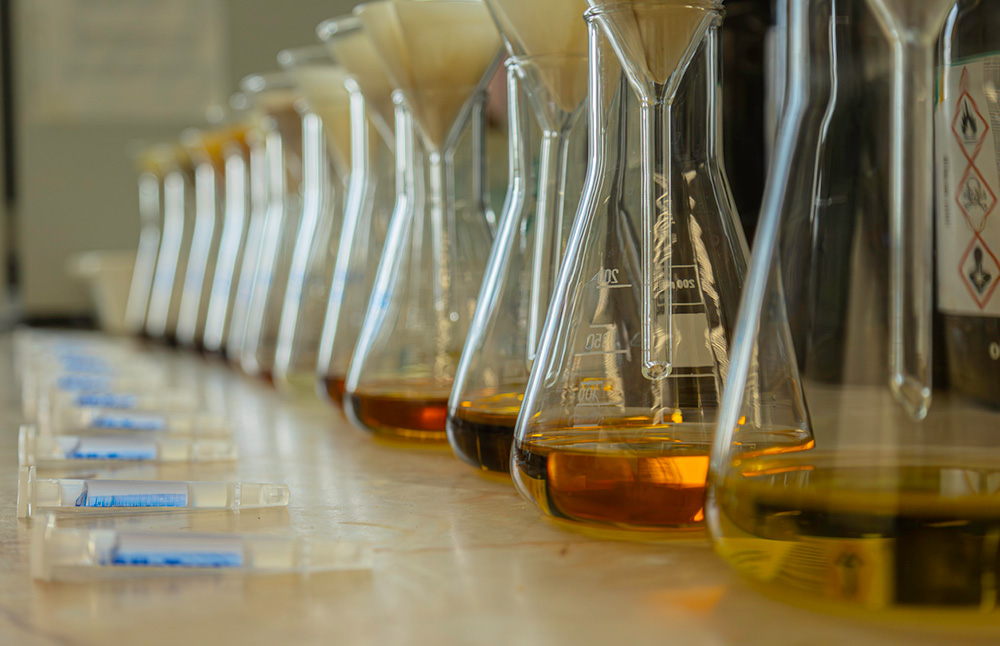How does laboratory testing contribute to beverage quality?
Laboratory testing serves as a fundamental tool for maintaining beverage quality, safety, and consistency. It helps manufacturers identify potential issues, make informed decisions, and ensure that their products meet or exceed customer expectations while complying with industry standards and regulations. Laboratory testing ensures factors like these are up to standard:
- Sensory Consistency
- Quality Control
- Microbiological Safety
- Contaminant Detection
- Shelf Life Determination
- Regulatory Compliance
- Innovation and Formulation
Innovations in Beverage Quality Testing Techniques and Equipment
In recent years, advancements in technology have led to innovative techniques and equipment for beverage quality testing. These innovations have improved accuracy, efficiency, and the depth of analysis.
Here are some notable examples:
- Electronic Tongues and Noses
- High-Resolution Mass Spectrometry (HRMS)
- Nanotechnology
- Blockchain Technology
- Mobile Testing Platforms
- Real-Time Polymerase Chain Reaction (qPCR)
- Microfluidics
- Machine Learning and AI
- Remote Sensing and Imaging
- Automated Liquid Handling Systems
- Gas Chromatography-Olfactometry (GC-O)
- Biosensors
- 3D Printing for Sensor Development
See ILT’s full product catalog here, which includes caps and septa used across many different industries, including food testing and beverage quality analysis.
Read more about the seals and septa industry on our blog page or learn more about ILT, the world leader in manufacturing seals and septa here.




